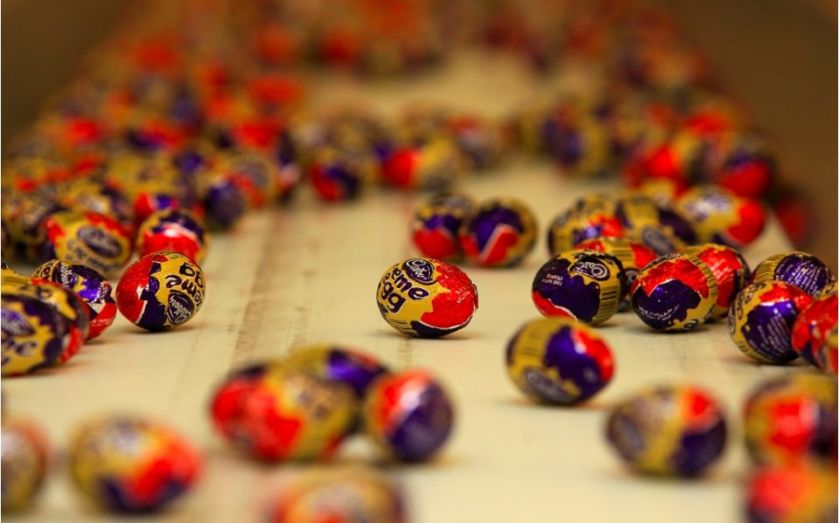Have brands “hijacked” Easter? I’d say it’s an egg-cellent idea

It’s funny how we so often link food to religious events: hot-cross buns on Good Friday; Pancakes on Shrove Tuesday and Simnel cake during Lent.
So who could blame brands trying to do the same thing: Coco-Cola’s land-grab for the Christmas holidays – and, more relevant to this time of year, Cadburys' chocolate egg-gifting deluge.
The sweet treats war has become so intense, that – in what seems like a wonderfully paradoxical promotion – we even have The Real Easter Egg from the Meaningful Chocolate Company, trying to persuade us that its is the only genuine egg (or at least the first and only Fairtrade version which somehow explains the Christian understanding of the season).
But of course, it doesn’t stop with food: as I write this, my inbox is being clogged by countless brands offering me “Cracking Easter Deals” (thanks Argos) or “Egg-cellent Easter Deals” (step-forward Park Holidays). So what to make of this – have brands totally subverted the meaning and significance of Easter?
At this point, it’s probably fair to say that while I’m a supporter of Christian values, I am not – strictly speaking, religious. I do however, believe in the power of brands, with their symbols, missions and visions; their ability to convert consumers to followers, uniting people around the world.
So while it’s a leap to say brands fulfil the same role as religion, I don’t see why they can’t live in harmony together. After all, the humble easter egg had its origins in pagan times, with its symbolism of fertility and new beginnings so it won’t be the first, or last time, when one world collided in another.